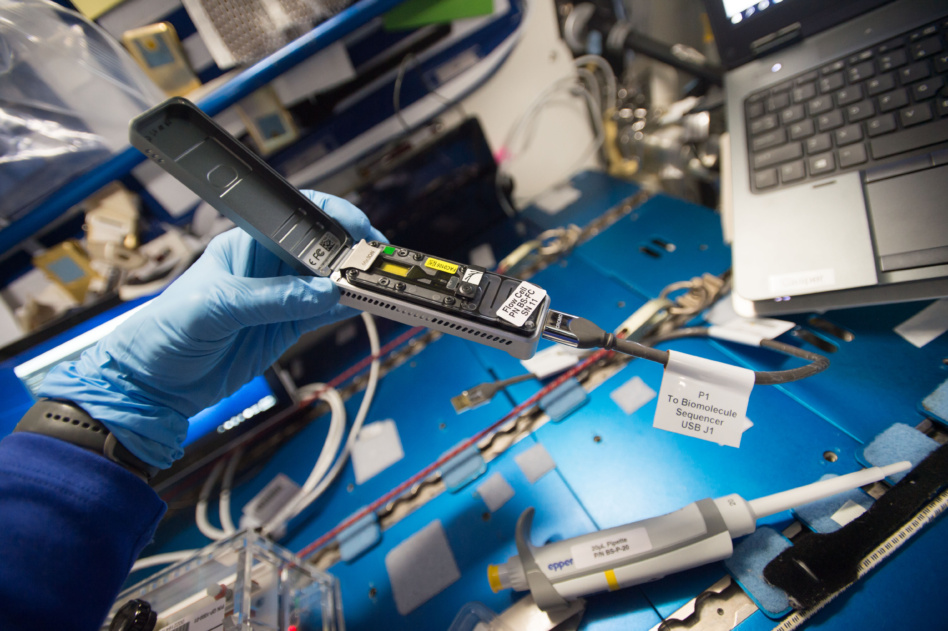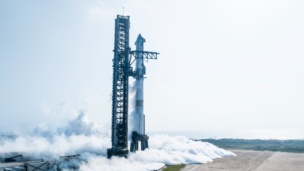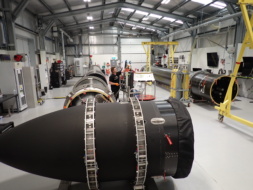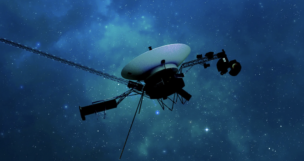Entrepreneurs seeking to solve space health problems can win the opportunity to join a new accelerator launched by Starburst Aerospace, with support from NASA and Microsoft.
The next layer of the stack: No one wants to be sick on their pricey space vacation, or land on the Moon only to find themselves too weak to explore. That’s why investors that are building commercial LEO destinations, plotting space tourism businesses, or betting on the cis-lunar economy should take an interest in SPACE-H, which aims to develop commercial technologies that enable more human activity in space, and provide revenue opportunities in terrestrial markets.
“Space tourism, lunar exploration, and missions to Mars—all technically challenging in their own right—greatly exacerbate the health and performance challenges faced,” explained Elizabeth Reynolds, a managing director at Starburst who is leading the accelerator.
“Not only do health and performance monitoring, management, and mitigation systems need to be completely autonomous, but each must also account for a much wider range of human genetics and behaviors,” Reynolds says, noting that space health data is drawn only from the roughly 650 people who have left the planet, many of whom fit a similar health profile because of their selection for the astronaut corps.
Dr. Rihana Bokhari, the deputy chief scientist at the Translational Research Institute for Space Health (TRISH), which funds disruptive research supporting NASA’s health science road map, expects autonomous remote medical care for astronauts to improve rural health care on Earth.
The right stuff: The accelerator is interested in companies developing autonomous systems that can monitor and manage the health of astronauts far from Earth; compact and efficient medical devices; unique health and environmental sensors; computational biology and synthetic data projects; and novel techniques to manufacture pharmaceuticals.
Juan Carlos López, a former NASA engineer who is now a project manager for Microsoft’s Azure cloud business, said his team is particularly interested in start-ups with innovative ways to use data with predictive AI. Participants in the accelerator will have access to free computing in the company’s cloud, along with mentorship and access to experts and investors.




